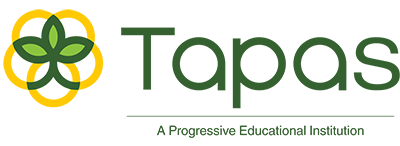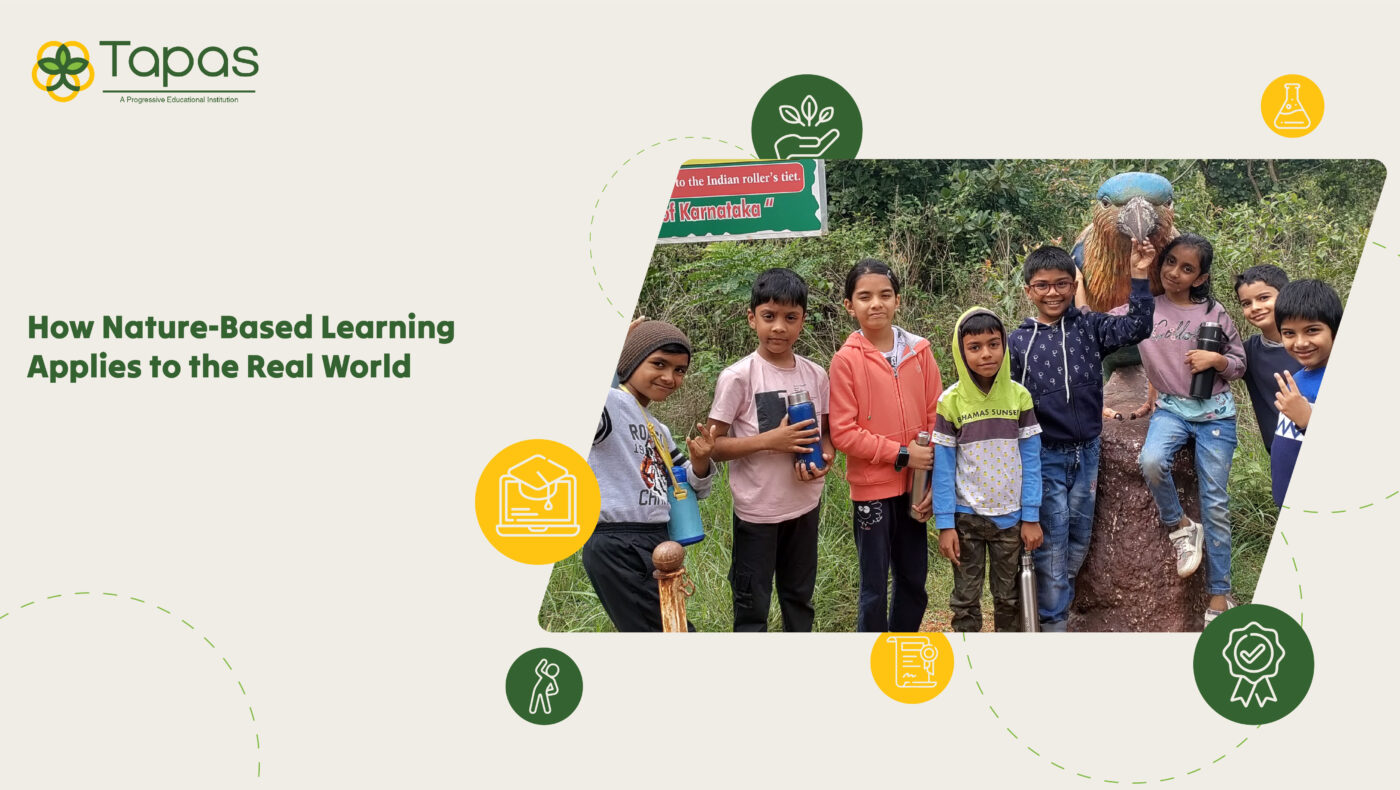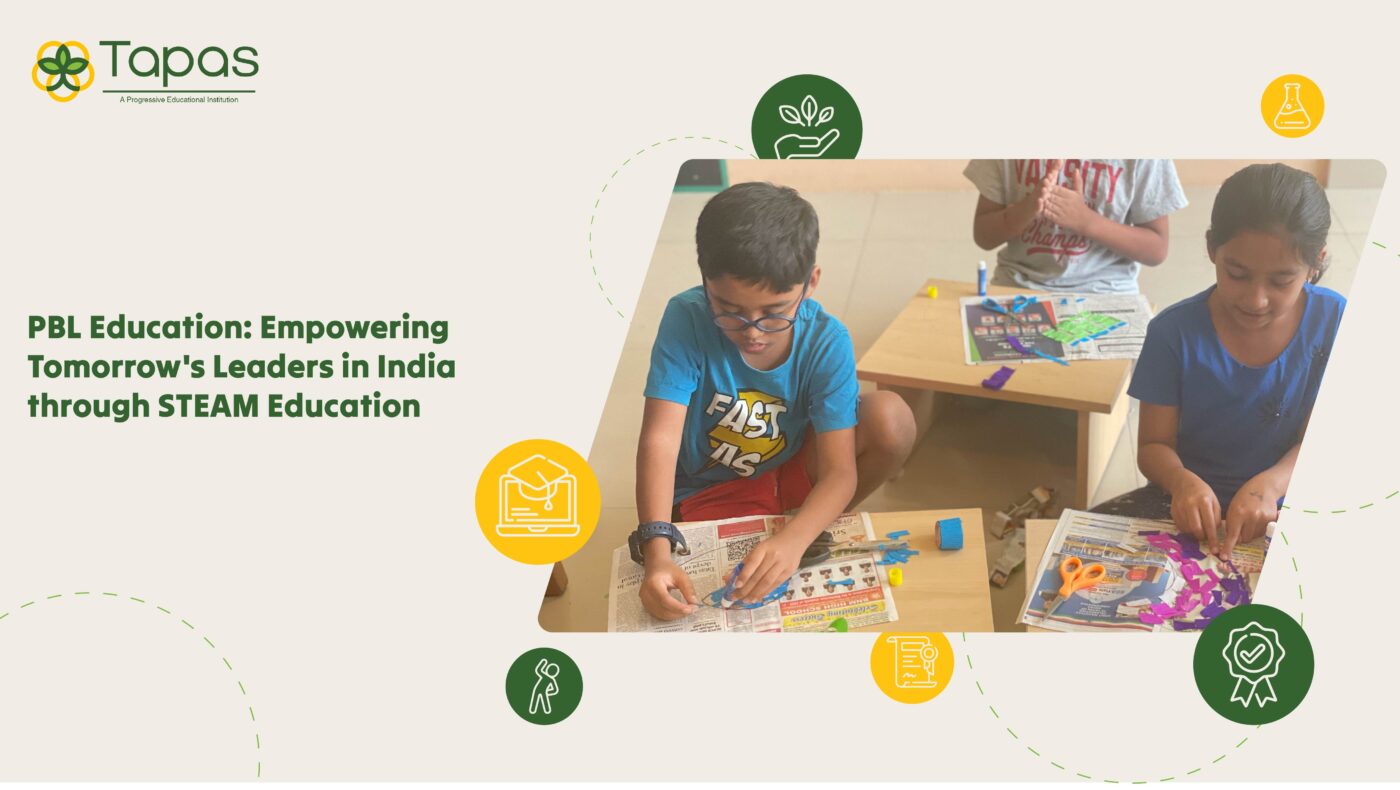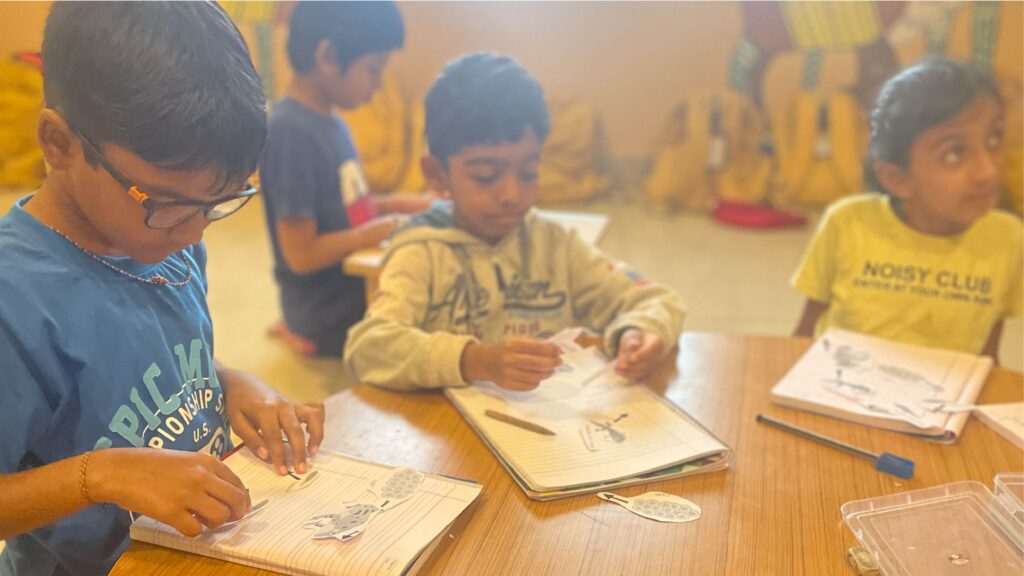How Nature-Based Learning Applies to the Real World
Nature-based learning, often referred to as outdoor or environmental education, is an innovative approach to learning that takes place in natural settings. In a world increasingly dominated by digital screens and indoor activities, nature-based learning stands as a refreshing and essential educational strategy. Its significance in modern education lies in its ability to reconnect learners of all ages with the natural world, fostering a deep appreciation for the environment, and nurturing critical life skills. By immersing students in outdoor environments, nature-based learning not only enhances academic knowledge but also promotes physical health, emotional well-being, and environmental stewardship. In this blog, we’ll explore how nature-based learning is more than just a trend—it’s a transformative educational philosophy that applies to the real world in profound ways.
Nature-based learning offers a multitude of advantages that extend far beyond the traditional classroom. It has been shown to significantly improve cognitive development by encouraging curiosity, problem-solving, and critical thinking skills. Moreover, spending time in natural settings contributes to enhanced physical health, as it promotes physical activity, reduces stress, and boosts overall well-being. One of the most critical benefits is the heightened environmental awareness it instills. By immersing learners in nature, they develop a profound connection to the environment, fostering a sense of responsibility and empathy towards the natural world. These advantages make nature-based learning a powerful tool for holistic education, preparing students for the real world in a comprehensive and meaningful way.
Real-World Applications
Skills acquired through nature-based learning, such as problem-solving and teamwork, are highly transferable and applicable in various professions. Problem-solving honed through navigating challenges in natural settings, is invaluable in fields like engineering, medicine, and business, where complex issues require innovative solutions. Teamwork, developed through collaborative outdoor activities, is crucial in virtually all industries, as it fosters effective communication, cooperation, and the ability to thrive in diverse work environments. These skills not only enhance career prospects but also contribute to personal growth, making nature-based learning a powerful catalyst for success in the real world.
Environmental Stewardship
Nature-based education instills a profound sense of responsibility for the environment, nurturing a generation of eco-conscious individuals. When students connect with nature, they develop a deep appreciation for the planet’s beauty and fragility. This heightened awareness naturally translates into a commitment to environmental stewardship. They become advocates for sustainable practices, helping combat issues like climate change and biodiversity loss. This sense of responsibility extends beyond personal habits and influences career choices, spurring the pursuit of eco-friendly professions and the advancement of green technologies. Nature-based learning not only prepares individuals for the real world but equips them to protect and preserve it for future generations.
Examples of Nature-Based Learning Programs
- The Nature Preschool: The Nature Preschool at Irvine Nature Center in Maryland, USA, is an excellent example of formal nature-based education. This preschool immerses children in outdoor learning experiences, fostering curiosity, creativity, and a love for nature from an early age. Students engage in hands-on activities like gardening, wildlife observation, and exploring natural habitats.
- Forest Schools: Forest schools, originating in Scandinavia and now prevalent worldwide, offer an informal nature-based learning experience. These schools take students into forests and natural settings, where they learn through unstructured play, exploration, and guided activities. Forest schools promote independence, resilience, and a strong connection to the environment.
- Outdoor Education Centers: Many outdoor education centers, like the National Outdoor Leadership School (NOLS) in the United States, provide immersive nature-based experiences for students of all ages. NOLS, for instance, offers wilderness expeditions that teach outdoor skills, leadership, and environmental ethics.
- Community Gardens: Community gardens are informal but impactful nature-based learning spaces. These gardens bring together people of all ages and backgrounds to cultivate crops, share knowledge, and connect with the environment. Participants not only learn about gardening but also develop a sense of community and environmental responsibility.
- Zoos and Aquariums: Zoos and aquariums globally have evolved to become centers for informal nature-based education. They offer educational programs, interactive exhibits, and wildlife encounters that teach visitors about biodiversity, conservation, and the importance of protecting natural habitats.
These initiatives demonstrate the diverse ways in which nature-based learning can be integrated into both formal and informal educational settings, making it accessible to a broad range of learners.
Cross-Curricular Integration
Here’s a tabular format showing how nature-based learning can be integrated into traditional subjects:
| TRADITIONAL SUBJECTS | NATURE-BASED LEARNING INTEGRATION |
| Science | Biology: Studying plant and animal life in natural habitats.
Environmental Science: Analyzing local ecosystems and conducting field studies. Physics: Exploring natural forces like gravity through outdoor experiments. |
| Math | Measurement: Using natural objects for measurement and estimation
Geometry: Identifying geometric shapes in the environment. Statistics: Collecting data on natural occurrences like weather patterns or animal behavior. |
| Art | Outdoor Sketching: Creating art inspired by natural landscapes.
Nature Crafts: Using found objects like leaves and stones for artistic projects. Photography: Capturing the beauty of nature through photography. |
These examples illustrate how nature-based learning can seamlessly integrate with traditional subjects, making education not only more engaging but also fostering a deeper connection to the natural world.
Challenges and Solutions
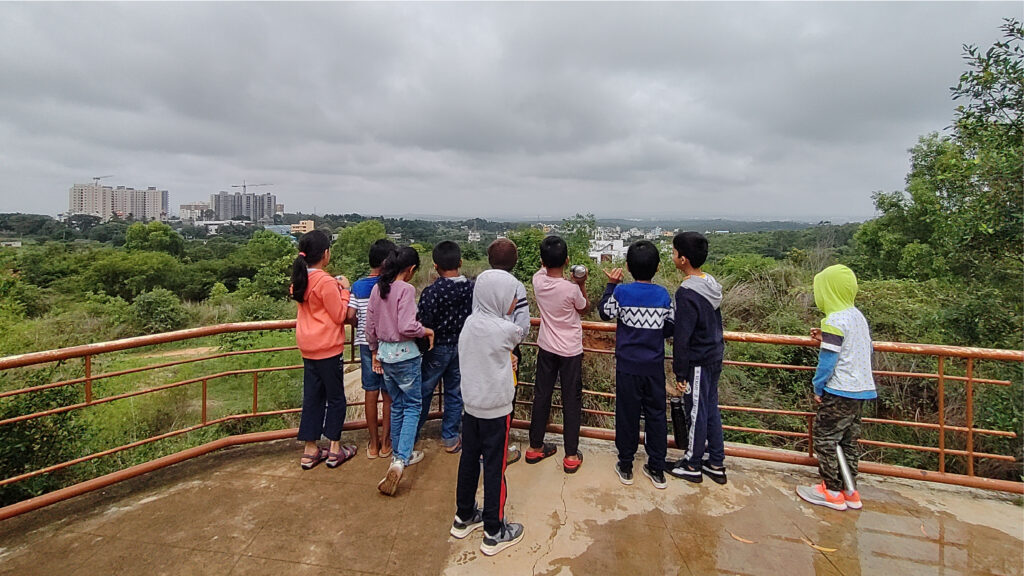
Some potential challenges in implementing nature-based learning along with corresponding solutions:
- Limited Access to Natural Environments
- Challenge: Not all schools or institutions have easy access to natural spaces.
- Solution: Utilize local parks, and community gardens, or even create a nature corner within the schoolyard. Virtual field trips and nature documentaries can also supplement outdoor experiences.
- Weather and Seasonal Limitations
- Challenge: Extreme weather conditions or changing seasons can hinder outdoor activities.
- Solution: Adapt activities to the weather, such as indoor nature-themed lessons on rainy days or winter ecology studies during colder months.
- Safety Concerns
- Challenge: Ensuring the safety of students while in natural environments.
- Solution: Conduct thorough risk assessments, provide appropriate safety gear, and have trained educators accompany students during outdoor sessions.
- Curriculum Alignment
- Challenge: Aligning nature-based learning with existing curricula.
- Solution: Identify opportunities within current subjects to integrate nature-based elements. Work with educators to develop lesson plans that incorporate outdoor experiences.
- Time Constraints
- Challenge: Finding time within a packed academic schedule.
- Solution: Prioritize nature-based learning and consider it an integral part of education. Allocate specific time slots for outdoor activities and make it a regular practice.
- Resource Limitations
- Challenge: Limited funds or resources for outdoor equipment and materials.
- Solution: Seek community partnerships, grants, or donations to secure necessary resources. Many local organizations may support nature-based education initiatives.
- Teacher Training
Challenge: Ensuring educators are adequately trained in nature-based teaching methods.
- Solution: Provide professional development opportunities, workshops, and resources to help teachers feel confident in implementing nature-based learning.
By addressing these challenges with practical solutions, institutions can create a more conducive environment for effective nature-based learning experiences.
Parental and Community Involvement
Parents and communities play a pivotal role in supporting and promoting nature-based education. Their involvement fosters a sense of unity and shared responsibility for children’s learning experiences.
- Family Involvement: Encouraging parents to engage in outdoor activities with their children not only strengthens family bonds but also reinforces the importance of nature exploration.
- Community Partnerships: Collaboration with local environmental organizations, nature centers, and volunteers can provide valuable resources, such as guided nature walks or workshops.
- Advocacy: Parents and community members can advocate for the inclusion of nature-based learning in school curricula, ensuring its sustainability.
- Fundraising: Communities can contribute to funding outdoor classrooms, nature reserves, or educational materials, making nature-based education more accessible.
By working together, parents and communities create a supportive ecosystem that nurtures the growth of children through nature-based education.
Future Outlook
The future of nature-based learning holds exciting possibilities, driven by advancements in technology and evolving educational landscapes. Virtual reality (VR) and augmented reality (AR) will allow students to explore natural environments globally, even if they can’t physically visit. Integrating data from environmental sensors into lessons will offer real-time insights into ecosystems. With blended learning models becoming more prevalent, nature-based experiences will complement traditional education. Additionally, as society places greater emphasis on sustainability and environmental awareness, nature-based learning will become a fundamental aspect of holistic education, preparing students to tackle complex global challenges while fostering a profound connection to the natural world.
Conclusion
Nature-based learning is a transformative approach that nurtures cognitive, physical, and environmental awareness. Embrace it in your life and community. Connect with nature, explore, and let it be a source of knowledge and inspiration. Visit Tapas Education to discover how nature-based learning can enrich your educational journey. Together, we can foster a generation deeply connected to the natural world, ready to tackle global challenges sustainably. Join us in this adventure towards holistic and responsible learning.
